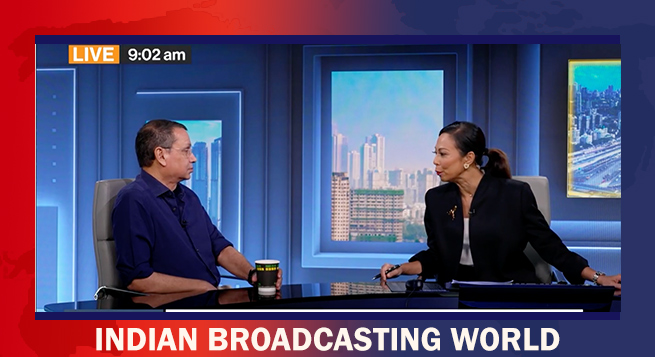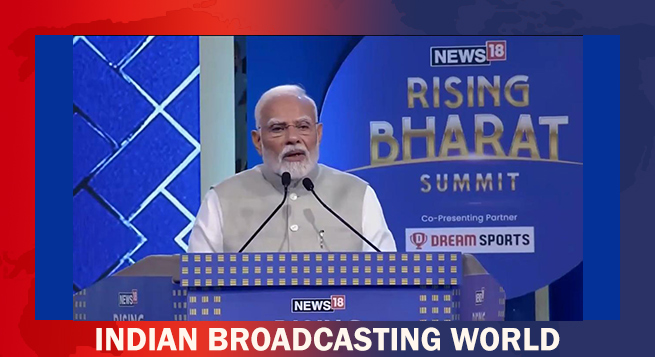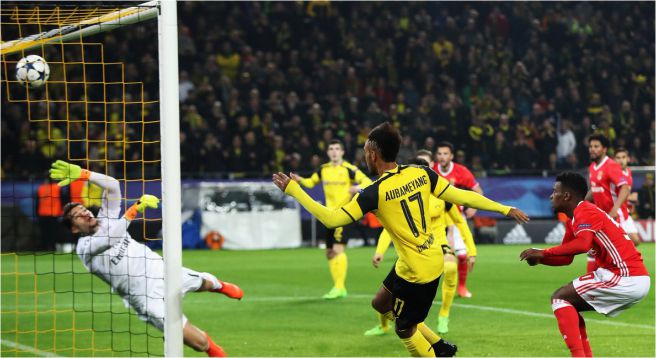Twelve of Europe’s top football clubs launched a breakaway Super League on Sunday, launching what is certain to be a bitter battle for control of the game and its lucrative revenue, including those accruing from the broadcasting rights.
The move sets up a rival to UEFA’s established Champions League competition and was condemned by football authorities and political leaders, Reuters reported.
Manchester United, Real Madrid and Juventus are among the leading members of the new league but UEFA has threatened to ban them from domestic and international competition and vowed to fight the move.
French President Emmanuel Macron and UK Prime Minister Boris Johnson both issued statements condemning a breakaway and supporting UEFA’s position.
As well as United, Premier League clubs Liverpool, Manchester City, Chelsea, Arsenal and Tottenham Hotspur have signed up to the plans.
Barcelona and Atletico Madrid from Spain join Real. AC Milan and Inter Milan make up the trio from Italy along with Juventus.
The Super League said that they aimed to have 15 founding members and a 20-team league with five other clubs qualifying each season.
In the meanwhile, as Sunday’s news unfolded, Variety reported that it was rumored by Italian paper Corriere dello Sport that streaming platform DAZN was attached to the new Super League.
When asked about its involvement, the streamer released a statement denying the allegations: “Concerning a report by Corriere Dello Sport on Sunday in Italy, this and related reports are false. Neither DAZN nor Mr. Blavatnik (the sports streamer’s owner) are in any way involved or interested in entering into discussions regarding the establishment of a Super League, and no conversations have taken place.“
Surely though, DAZN and other streamers must stay tuned to further developments, as a consolidation of Europe’s most popular clubs would mean a consolidation of TV audiences as well. Linear broadcasters will certainly be tuned in to any developments, with current European rights holders such as BT Sport in the U.K., Movistar in Spain, Canal Plus in France and Sky in several territories sure to fight tooth and nail to get their hands on what could become the sport’s biggest annual tournament.
When asked for comment, a BT spokesperson, quoted by Variety, said: “BT recognizes the concerns raised by many of football’s leading voices and fans, and believes the formation of a European Super League could have a damaging effect to the long term health of football in this country. As a sport broadcaster showing Premier League, UEFA club football and National League football as well as being lead partner for all the Home Nations football teams, we strongly believe that football makes a significant positive contribution to people’s lives at every level, and this needs to be protected.”
Meanwhile, Reuters reported that clubs in the rebel Super League would share a fund of 3.5 billion euros ($4.19 billion) to spend on infrastructure projects and to deal with the impact of the COVID-19 pandemic. The money would not be available to spend on players.
The League said they will make ‘solidarity payments’ to the rest of European football which will exceed those currently offered by UEFA and which “are expected to be in excess of 10 billion euros” over the 23-year commitment period the clubs have entered into.
“We will help football at every level and take it to its rightful place in the world. Football is the only global sport in the world with more than four billion fans and our responsibility as big clubs is to respond to their desires,” said Real Madrid president Florentino Perez, the first chairman of the Super League.
No German or French clubs have yet to be associated with the breakaway league.
World soccer’s governing body FIFA expressed its “disapproval to a ‘closed European breakaway league’ outside of the international football structures”.
But noticeably there was no mention of a previous threat from FIFA to ban any players taking part in a breakaway from participating in World Cups.
The announcement came just hours before UEFA is due to sign off on its own plans for an expanded and restructured 36-team Champions League on Monday.
UEFA issued a strong statement jointly with English, Spanish and Italian leagues and football federations, saying they were ready to use “all measures” to confront any breakawayand saying any participating clubs would be banned from domestic leagues, such as the Premier League, according to the Reuters report.
 Rahul Sinha takes charge of Zee News’ DNA
Rahul Sinha takes charge of Zee News’ DNA  JioStar vice-chair Uday Shankar on surge in streaming subs, trade tariff challenges
JioStar vice-chair Uday Shankar on surge in streaming subs, trade tariff challenges  AIDCF team discusses industry issues with Vaishnaw
AIDCF team discusses industry issues with Vaishnaw  PM Modi: WAVES will empower Indian content creators go global
PM Modi: WAVES will empower Indian content creators go global  Sunrise Spices, Hoichoi celebrate Bengal’s essence with ‘Swadkahon’ cultural showcase
Sunrise Spices, Hoichoi celebrate Bengal’s essence with ‘Swadkahon’ cultural showcase  Spotify launches Ad Exchange, generative AI ads in India
Spotify launches Ad Exchange, generative AI ads in India  Riteish Deshmukh unveils trailer of ‘ Zapuk Zupuk’
Riteish Deshmukh unveils trailer of ‘ Zapuk Zupuk’  John Malone to step down from WBD board
John Malone to step down from WBD board  ‘Khudaya Ishq’ song from ‘Abir Gulal’ released today
‘Khudaya Ishq’ song from ‘Abir Gulal’ released today 








